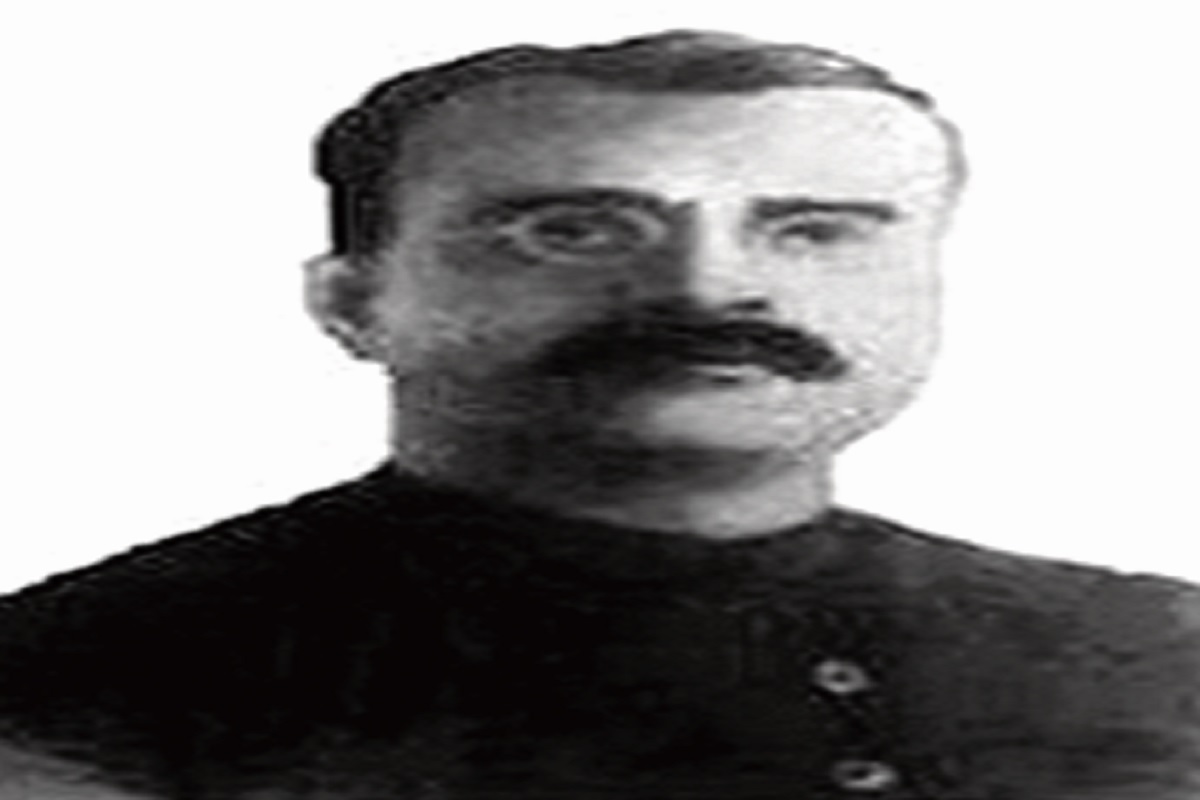Nothing can be said about the good, true and dedicated poets and poets as to when, in which country, time and situation, which of their poetic lines will suddenly become relevant and bring them out of the pit of oblivion. Something similar happened recently with Pandit Brij Narayan Chakbast, the forgotten poet of national consciousness and fragrance of Kashmiriyat. On September 18 last year, on the last day of the special session in the old Parliament, Rajya Sabha MP Manoj Jha brought him into discussion by reading some of his lines in his speech. The context was the proceedings of the Constituent Assembly on December 11, 1946. According to Jha, Sarojini Naidu, known as ‘Bulbul-e-Hind/The Nightingale of India’, started her speech that day with the lines of ‘a Kashmiri poet’ – ‘Gul mubarak to bulbul, chaman mubarak to gul, colorful tabiyaton ko. Happy dyeing! Although the ancestors of this ‘Kashmiri poet’ were from Kashmir, he was born in Uttar Pradesh – on 19 January 1882 in Faizabad, now named Ayodhya. His parents named him Brij Narayan, but he wrote poetry under the name ‘Chakbast’. The two lines that Sarojini Naidu read were from his long composition named ‘Khak-e-Hind’. While reading the lines his memory had betrayed him a little. In their original form, those lines were in this order – ‘Congratulations to Shaidaan-e-Bostan, all-good people/Congratulations to colorful people, Rang-e-Sukhan/Congratulations to Bulbul, Gul Mubarak, Chaman Mubarak to Gul/Our beloved country to us helpless people. Congratulations/ The flowers will bloom in this garden of our hearts/ They have risen from these ashes and will meet in these ashes.
Chakbast, who was the foundation brick of modern Urdu poetry, was not a poet of mere sentimentality. He also took part in the freedom struggle and also in the struggles for social reform. In one of his writings, he had written – ‘They are worried about what is the new form of loyalty all the time / We have this hobby of seeing what is the end of oppression / I am the new Bismil, I am not aware of the rituals of martyrdom / You only tell me, O cruel one, about the suffering. What is the payment? According to experts, if age had not cheated and put an untimely end to his possibilities, he would have been a greater poet than his friend Allama Iqbal, who wrote ‘Saare Jahan Se Achha Hindustan Hamara’. He was considered the future of Urdu poetry and even his opponents praised his amazing cultural loyalty and equal command over Urdu and Persian. There was no ideological unity behind the friendship between Iqbal and Chakbast, rather both had to do with Kashmir. Chakbast’s Saraswat Brahmin ancestors of Kashmiri origin settled in North India in the 15th century. His father Pandit Udit Narayan, who was also a poet, used to be the Deputy Collector in Faizabad district of Uttar Pradesh.
Chakbast was not even five years old when he lost his father. Then he moved from Faizabad to Lucknow with his mother and studied law from Canning College affiliated to Allahabad University. He soon became counted among the successful lawyers of Lucknow, but later he started participating in the freedom struggle and social reform movements. Well, poetry was his first love. His poem ‘Ek Scene from Ramayana’ became so popular that people started calling it ‘Chakbast ki Ramayana’. This poem is based on the incident in Ramayana, in which Lord Ram goes to seek permission from Mother Kaushalya before going on exile. The eyes of those who read and listen to both of them are filled with tears. This philosophical couplet of Chakbast, which defines life and death, is also very popular – ‘Zindagi kya hai anasir mein zahoore tarteeb / Maut kya hai inhi ajajan ka parishaan hona’, but the roots of his poetic talent lie more in his sense of nationalism than in philosophy. Are. He used to feel very proud of the fact that ‘there was once a time to be proud of our India’ and for him, the destruction of the country at the hands of the pride of ignorance was the biggest reason for regret – ‘The ignorant people looted India. / Now even the ashes of Nifaak are not in the country. Khake Hind, Gulzar e Naseem, Naal e Dard, Naal e Yaas and Kamla (play) are his major works. He has mainly composed poems, but fifty ghazals also emerged from his writings. Age did great injustice to him. He collapsed near Rae Bareli railway station on February 12, 1926, and never woke up again. After a few hours he breathed his last. He was only 44 years old then.

